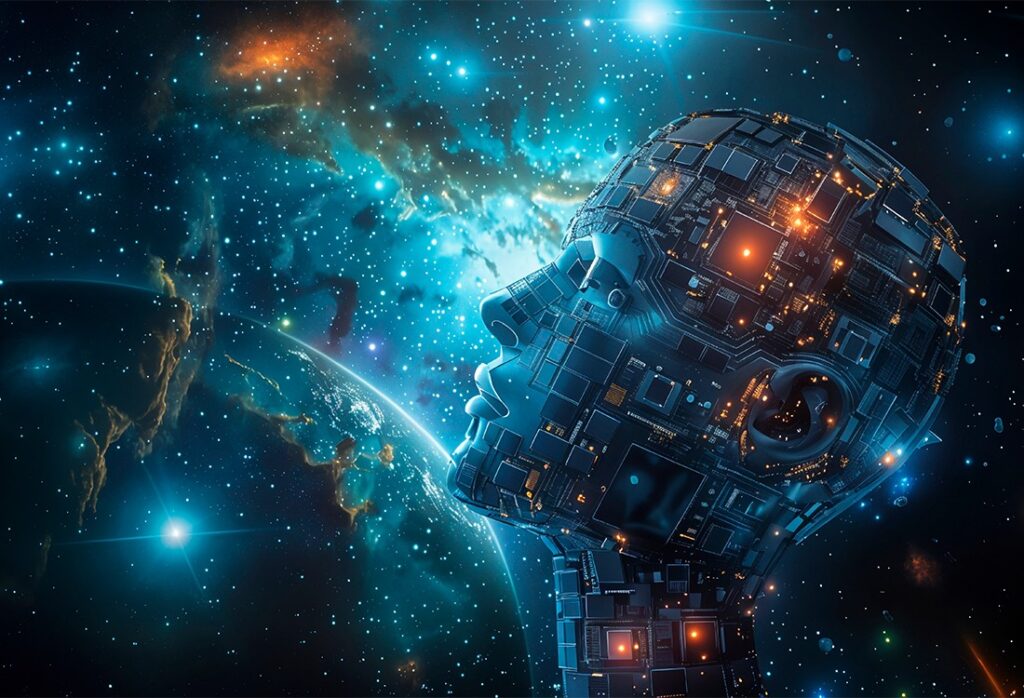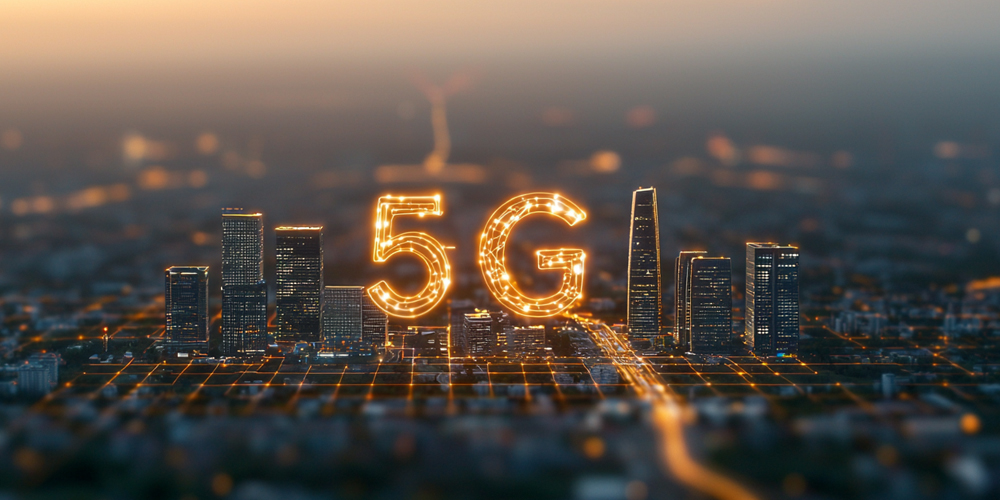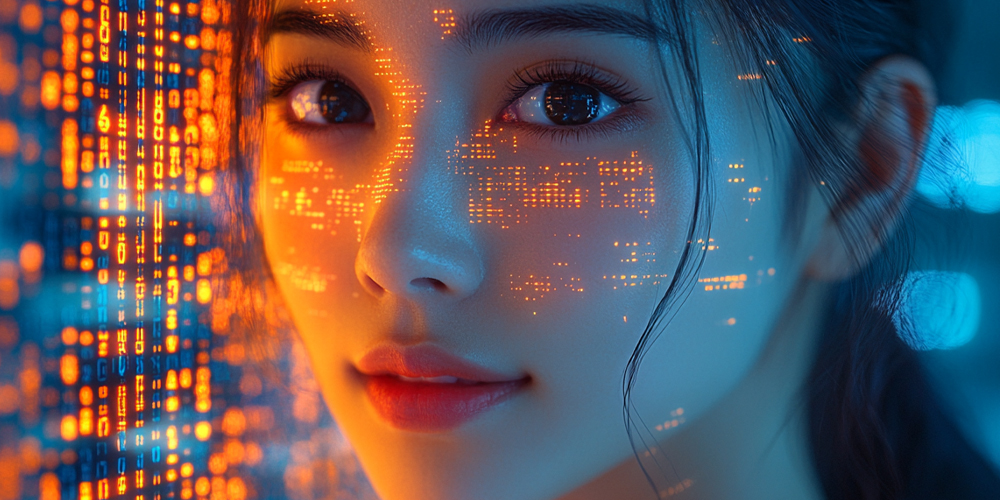AI and Space Exploration: The Connection
Artificial Intelligence (AI) and space exploration are two of the most cutting-edge fields of our time. As both of these areas continue to evolve, their interconnection is becoming increasingly evident. AI is revolutionizing the way we explore the vastness of space, and in return, space exploration is providing AI technologies with new challenges and opportunities for advancement. In this article, we will delve into the various ways AI is influencing space missions, how it’s enabling discoveries beyond Earth, and how these two fields are shaping the future of innovation.
AI’s Role in Space Exploration
The role of AI in space exploration cannot be understated. It is being utilized in numerous aspects of space missions, ranging from data analysis to autonomous decision-making on spacecraft. As the space industry grows, the need for AI to manage the complexities of interstellar travel becomes more apparent. AI-powered systems are now capable of processing vast amounts of data, making real-time decisions, and operating spacecraft autonomously during long missions.
Autonomous Spacecraft Operations
One of the most critical applications of AI in space exploration is the automation of spacecraft operations. Due to the enormous distances between Earth and other celestial bodies, communication delays can last for several minutes or even hours. During this time, spacecraft need to make real-time decisions without human intervention. AI enables spacecraft to operate autonomously, detect and avoid obstacles, and execute maneuvers with precision. NASA’s Perseverance rover, for example, utilizes AI algorithms to navigate the Martian surface without constant human control.
AI in Mission Planning and Data Analysis
In addition to autonomous operations, AI plays a crucial role in mission planning and data analysis. AI algorithms are employed to simulate various mission scenarios, optimize trajectories, and analyze complex data collected by spacecraft. For instance, AI-powered tools can process massive datasets from telescopes and satellites to identify exoplanets, map out cosmic structures, and even detect anomalies in the universe that may lead to new discoveries.
AI in Space Robotics
Space robotics is another field where AI has made significant contributions. AI-powered robots are becoming essential for conducting space missions, especially in environments where humans cannot survive. These robots are equipped with machine learning algorithms that allow them to perform tasks such as collecting samples, building infrastructure, and repairing spacecraft.
AI-Driven Rovers
The development of rovers like NASA’s Curiosity and Perseverance has showcased the capabilities of AI in space exploration. These rovers are designed to operate on their own, making decisions based on their surroundings. They utilize AI for navigation, identifying potential hazards, and conducting experiments. AI allows these rovers to continue their missions even when out of contact with Earth for extended periods.
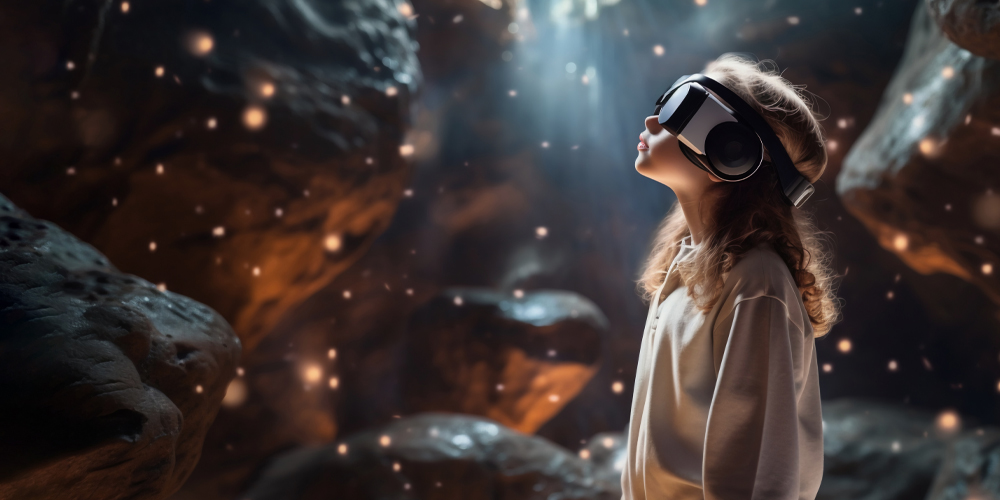
AI-Assisted Astronauts
As we move closer to manned missions to places like Mars, AI will become a critical tool in assisting astronauts. AI-powered systems can help with health monitoring, mission planning, and even troubleshooting technical problems in real-time. This will enable astronauts to focus on the more complex aspects of their missions, while AI handles the routine tasks.
AI and Big Data in Astronomy
The universe is vast, and the amount of data generated by modern telescopes and space missions is beyond what any human team could analyze in a lifetime. AI is stepping in to process this big data, finding patterns, and making sense of it. By analyzing space data, AI helps scientists make new discoveries, such as identifying black holes, detecting gravitational waves, and even discovering new galaxies.
AI in Exoplanet Discovery
One of the most exciting uses of AI in astronomy is the discovery of exoplanets. Using data from missions like Kepler, AI can sift through thousands of data points to identify potential planets outside our solar system. These AI algorithms can detect subtle changes in starlight that might indicate the presence of an orbiting planet. This has led to the discovery of thousands of exoplanets, many of which could potentially support life.
Mapping the Universe with AI
AI is also being used to map the structure of the universe. Through the analysis of cosmic microwave background radiation and other data, AI can help scientists understand the shape and evolution of the universe. This kind of analysis allows for more accurate predictions about the future of the cosmos and the formation of galaxies.
AI in Future Space Missions
As we look to the future of space exploration, the role of AI will only become more prominent. The upcoming Artemis missions to the Moon and future missions to Mars will rely heavily on AI-powered technologies for mission success. In addition to improving current systems, AI will open new possibilities for exploring more distant parts of the solar system and beyond.
AI in Human Spaceflight
In future manned missions, AI will play an essential role in ensuring the safety and success of the mission. AI systems will monitor astronauts’ health, manage life support systems, and assist in complex decision-making processes. By analyzing biometric data, AI can provide real-time insights into the physical and mental well-being of the crew, offering solutions to potential issues before they become critical.
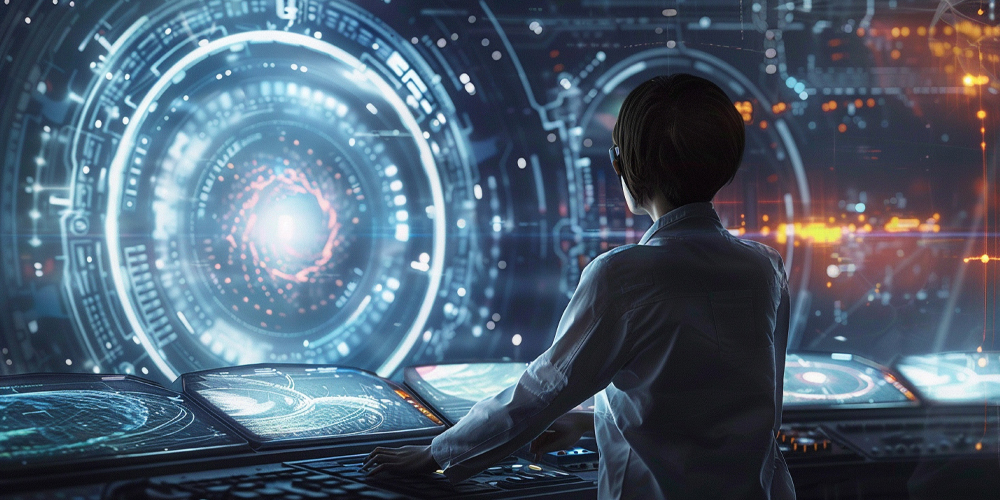
AI and Autonomous Space Missions
Looking even further ahead, AI will enable fully autonomous space missions to places like the moons of Jupiter and Saturn, or even beyond our solar system. These missions, too far for human control, will depend on AI to make real-time decisions and ensure mission success. AI will control every aspect of these missions, from trajectory adjustments to conducting scientific experiments on distant moons.
Challenges and Ethical Considerations
Despite the immense potential of AI in space exploration, there are also challenges and ethical considerations. As AI systems become more advanced, there is the question of how much control we are willing to delegate to machines. Autonomous decision-making by AI in critical mission scenarios presents both an opportunity and a risk. Ensuring that AI behaves predictably and safely in the complex environment of space is a challenge that scientists and engineers will need to address.
The Balance Between Human and AI Control
One of the major challenges is finding the right balance between human control and AI autonomy. While AI can process information much faster than humans, there are still situations where human intuition and creativity are irreplaceable. Therefore, future space missions will likely involve a combination of human oversight and AI-driven decision-making.
Ethical Concerns in AI Development for Space
As AI technology continues to advance, there are growing ethical concerns about its use in space exploration. For example, how do we ensure that AI systems prioritize human safety over mission success? Additionally, as we deploy AI-powered systems on other planets, we must consider the potential impact on extraterrestrial environments. Ensuring that AI systems adhere to strict ethical standards will be crucial as we explore further into the universe.
Conclusion
The interconnection between AI and space exploration is driving a new era of discovery and innovation. As we push the boundaries of space exploration, AI technologies will play an increasingly crucial role in helping us understand and explore the universe. From autonomous spacecraft to AI-driven data analysis, the future of space exploration is being shaped by artificial intelligence. As these two fields continue to grow and evolve together, they will unlock new possibilities for discovery and innovation that were once unimaginable. The future of space exploration is undeniably intertwined with the advancements in AI, and the journey has only just begun.

